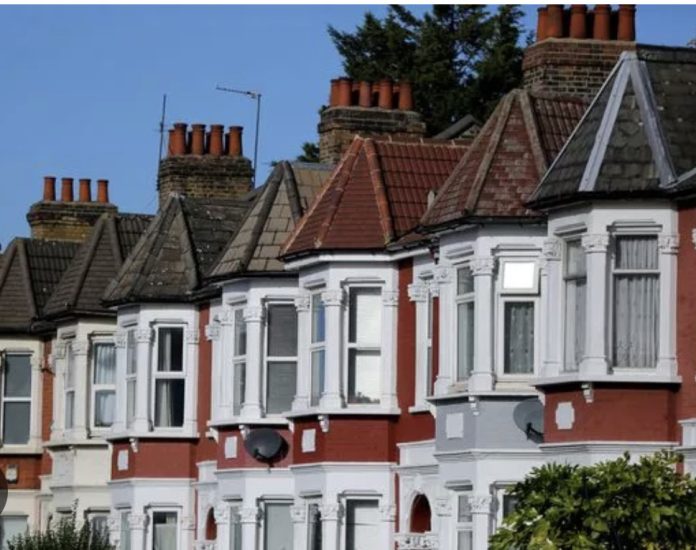Brits spend more on housing than their counterparts in New Zealand, Ireland, Australia and Canada – comparable countries that have similar housing crisis issues
A report out today by the Social Market Foundation finds that we spend nearly 26% of their disposable income on housing costs
The report comes at the time when housing has only become increasingly politically salient.
The Conservative government aspired to 300,000 homes in England per year in its 2019 manifesto, and Sir Keir Starmer has set a target to build 1.5 million homes over five years, with rules to be tightened to ensure many of these are affordable.
On the social housing waiting list, level of homelessness, and general housing costs – the UK performs poorly both within the Anglosphere and more widely, the SMF finds.
Over 1.2 million people are waiting for social housing in Britain – that’s 4% of the households. Not only are levels of homeownership lower than the SMF’s English-speaking comparators, they are also lower than most parts of Europe.
With each of the major parties sharpening their offers for a prospective election campaign, they would benefit from learning from the experience of politicians overseas, the SMF said.
Looking internationally, although many of the challenges faced have been similar, policy approaches have been wildly different between countries. In this context, there is a lot for British politicians – currently developing their election manifestos – to learn from their counterparts abroad, the SMF said.
Across English-speaking countries, many have already taken and are taking different steps to address their housing problems. In Australia, the Housing Australia Future Fund will invest AUD $10bn in the stock market, and use the proceeds to fund affordable and social housing at a minimum of AUD $500m a year. In Ireland, housing is core to the Sinn Féin’s policy promises, and plans include cuts to rent and ending the selling off public land. In New Zealand, the current governing party won the recent election by campaigning against what it called the incumbent’s failed housing policies, including a ban on foreign buyers, planning reforms, public housing structures, and rental regulations.
Aveek Bhattacharya, Interim Director of the Social Market Foundation, said:
“There is no doubting the hardship and frustration felt by British people locked out of the housing market. But our situation is not uniquely different to other English-speaking countries. The likes of Australia, New Zealand, Canada and Ireland face similar problems with expensive housing, homelessness, and falling home ownership rates. We perform worse than them on some metrics, but better on others.
That creates a valuable learning opportunity – to get to the roots of our common dysfunction and to learn how economies and societies facing similar challenges to ours are addressing them. That is why this new series, exploring lessons on planning reform, home ownership policies, alternative ownership models and support for renters from across the ‘Anglosphere’ is so needed and so timely.”
I







